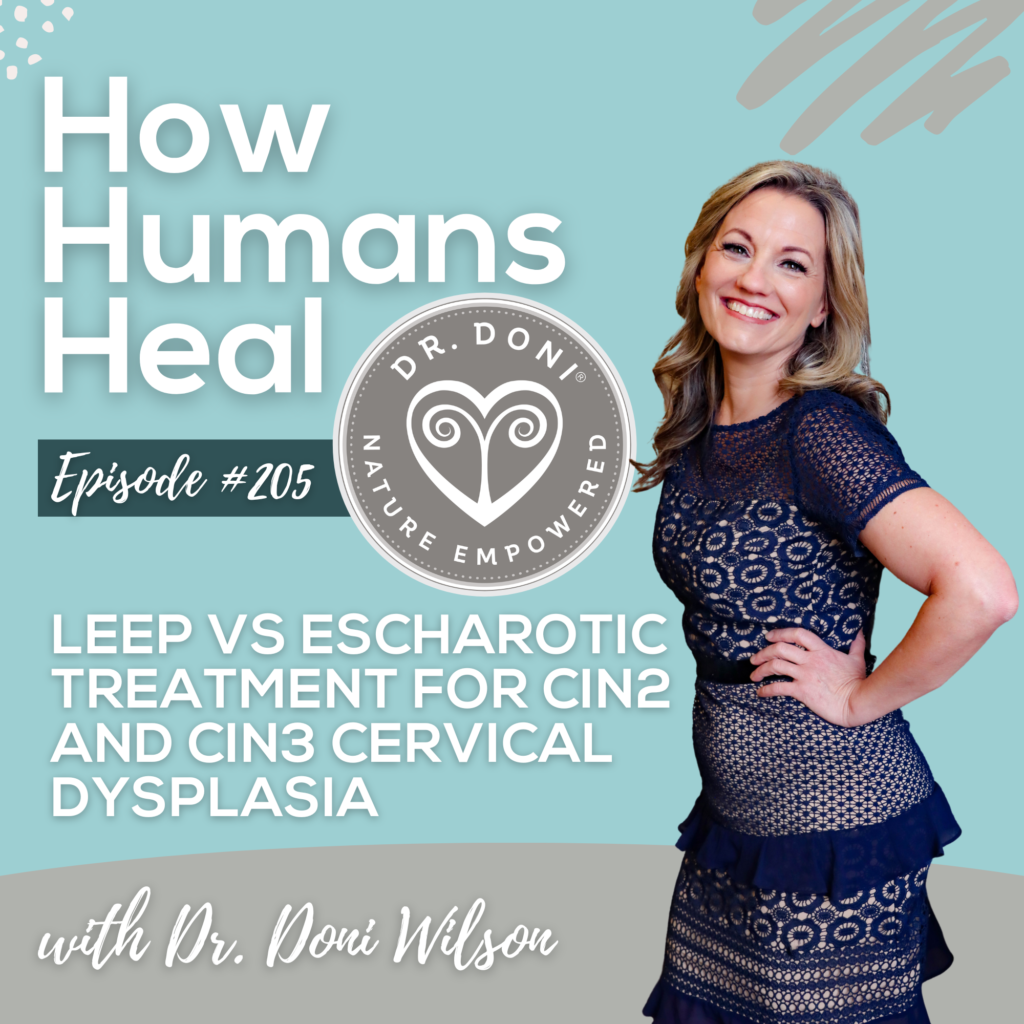
How Compassionate Healthcare Helps Women
- Home
- Uncategorized
- How Compassionate Healthcare Helps Women
When talking with a patient yesterday, I realized what it is that makes my approach to healing unique.
This particular patient, in her thirties, has not had a period in over a year. She eats healthfully, exercises, and would like to have a baby in the near future, but she would rather get pregnant naturally then to take synthetic hormones and medications, which is the recommendation she received from conventional care.
Whether we like having our period or not, a consistent menstrual cycle is a sign of good health! When the cycle is off track, no matter what conventional medicine calls it (amenorrhea, PCOS, peri-menopause, premature ovarian failure, luteal phase defect), the bottom line is that some things are out of balance (usually not just the ovaries) and it is possible to not only figure out what is out of balance, but also to rebalance it all again.
Menopause, an example of when not having a consistent menstrual cycle is normal, offers an opportunity to understand how the body shifts when estrogen and progesterone levels change. We can quickly see that everything shifts including glucose and insulin and even neurotransmitters like serotonin, are all of a sudden different then they were before, leading to abdominal weight gain, mood changes and sleep issues (to name a few).
The part that goes “unseen” are the receptors. Receptors are the locks in the doorways to your cells. If the lock won’t open, the hormones (insulin for example) or neurotransmitters, are not going to be effective.
“It is just that your body is off track and it is not able to find its way back. If only we could push the reset button!” I said to the patient who simply wants her period back.
Instead, what we can do is listen, understand and support the body back to health.
The receptors on every cell in the body are responding to the current environment in the body. When the body is stressed, the receptors adapt. So in order to help the cells and receptors to recover from a state of stress, all we have to do is create (even mimic) a healthy environment in the body. Then things start working again on their own.
Sure, forcing the body to ovulate using a medication works, however the underlying condition (that inhibited ovulation to begin with) remains.
What if we step back, observe, identify what needs attention, support those areas by adjusting what is eaten and when, plus introduce nutrients, herbs and (in some cases) natural hormones that have been shown to create healthy function, and overall create a healthy environment inside the body so that the receptors can start responding in a healthy way?
I call this approach “Compassionate Healing.”
Compassionate Healing involves…
1. Listening to your body: Symptoms tell us that something needs attention.
2. Understanding interconnectedness: Everything that is occurring is related in some way.
3. Providing gentle, loving support: Individualized natural therapies actually assist the body to return back to health.
That is what I do. And I find that it works!
Dr. Doni
Did you like what you read? Then don’t miss the next issue of Dr. Doni’s Health Tips for Women. Sign up here: doctordoni.com
Share this Post:
Dr. Doni Wilson's Team
14 Day Detox Program
Take the Stress Type Quiz
Dr. Doni Social Media
Popular Posts


The 5 Burnout Types

Healing HPV Holistically: Dr. Doni on the Inspire Health by Jen Podcast

Recent Podcasts
Signup to receive our weekly newsletter with all the latest news, podcasts and special offers
New Book - Order Today!

SIMPLE PRACTICES for SHIFTING FROM YOUR STATE of STRESS to YOUR FLOW and FREEDOM
MASTER YOUR STRESS
RESET YOUR HEALTH
Order Now! Related Posts

What is making you susceptible to HPV?
I have been working with women who had abnormal cells on their cervix and/or vaginally, caused by HPV for over 20 years now. And while

The 5 Burnout Types
Did you know there are 5 burnout types? They are based on your Stress Type®, which is how your adrenal function has been affected by

Healing HPV Holistically: Dr. Doni on the Inspire Health by Jen Podcast
Dr. Doni was interviewed by Jen Ciszewski on the Inspire Health by Jen Podcast, talking about how to heal away HPV from your body for good.

Stress and Trauma: The Science Behind It, How It Shows Up and How to Heal: Dr. Doni on The Burn Fat and FEAST Podcast
Dr. Doni was interviewed by Sarah B. Thomas on the Burn Fat and FEAST Podcast, talking about the impact of stress and trauma on our health and what to do to recover from them.















1 Comment
I love this because I have not had my period for 2 years after taking out the mirena (during which I never had my period either). Do you have any recommendation about diet, supplements etc??